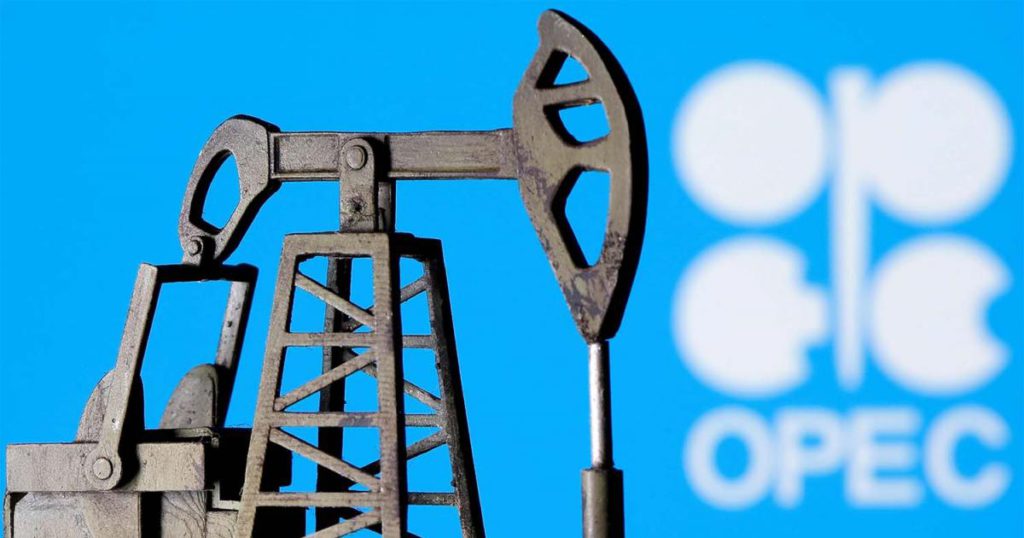KATHMANDU: OPEC and its Russia-led oil-producing allies agreed to unleash millions of barrels of bottled-up crude over the next two years, committing to restore all the cuts they made at the start of the Covid-19 pandemic as many economies pick up and crude demand recovers.
Underscoring the uncertain speed of a full economic recovery and a return of pre-pandemic oil demand, the group chose to move gradually, agreeing to modest, monthly installments of new oil through the latter end of 2022. Oil prices have eased recently in anticipation of a deal, but analysts said the gradual nature of the output boost could continue to pressure prices.
The prospect of an OPEC deal had already led to a drop in prices, which have recovered strongly this year. Brent, the international benchmark, and West Texas Intermediate have both fallen about 5% in recent days, as hope grew for an OPEC deal. Brent closed above $73 a barrel, and WTI finished above $71 a barrel Friday, both off recent, multiyear highs.
The move also demonstrates the world’s push-pull over its reliance on fossils fuels. Europe and the U.S. have pushed ambitious plans to wean themselves from carbon-emitting fuels like oil. But the world is still largely dependent on plentiful supplies of such fuels, including oil.
The Biden administration, while pushing for an energy transition to greener fuels, reached out to Saudi Arabia and the United Arab Emirates when those two OPEC members clashed over terms of a deal. U.S. gasoline prices have risen this summer, a consequence of higher oil prices. WSJ

